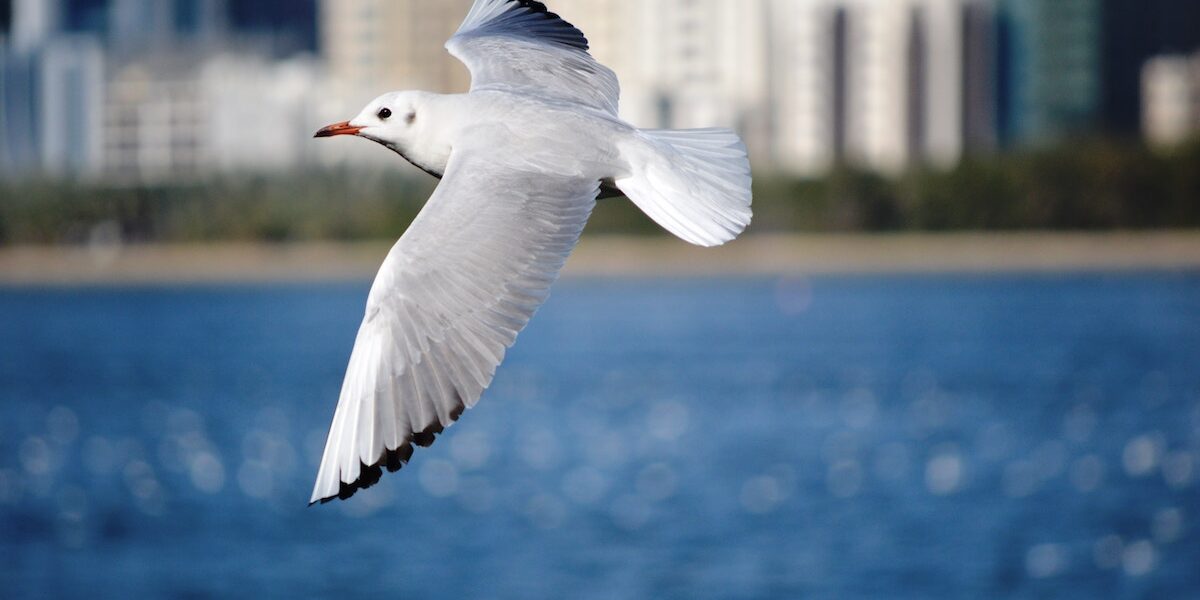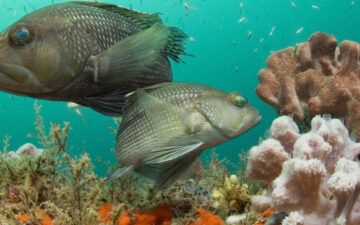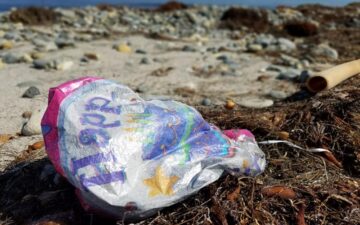Ever dreamed of seeing Cuba? Wonder what keeps those old rat rod cars running? What about all the hype about Cuba’s well-preserved coastal habitats? This year The Ocean Foundation received its people to people license from the Department of Treasury, which allows us to bring US travelers to experience the island’s culture and natural resources first hand. Since 1998, The Ocean Foundation’s Cuba Marine Research and Conservation Program has worked alongside Cuban scientists to study and preserve natural resources shared by both countries. These include coral reefs, fish, sea turtles and hundreds of species of migratory birds that stop in Cuba on their annual migration from American forests and pasturelands southward.
Our license allows any American, not just scientists, to travel to the island to see the work we do, meet our partners and engage in discussions with Cuban conservationists to develop solutions to shared environmental threats such as climate change, invasive species and sea level rise. But what if you could actually participate in research in Cuba? Imagine working alongside Cuban counterparts as a citizen scientist, gathering data that can help shape policy on both sides of the Florida straights.
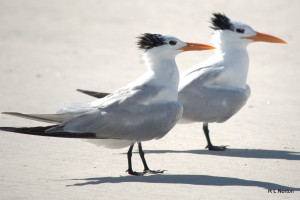
The Ocean Foundation and Holbrook Travel are offering an opportunity to gather data about migratory coastal and shorebirds that call both countries home. During this nine-day experience you will visit some of Cuba’s most stunning natural areas including Zapata Swamp, which in biodiversity and scope resembles the Everglades. This once in a lifetime trip to Cuba will take place from December 13-22nd, 2014. Not only will you be able to see Cuban ecological gems but you will be invited to participate first hand in the 2nd Annual Audubon Cuban Christmas Bird Count, an annual survey to estimate bird composition. By participating in the CBC, citizen scientists from the US to work alongside Cuban counterparts to study birds that make the US and Cuba home. And no prior bird watching experience is required.
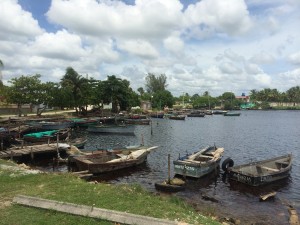
Trip highlights include:
▪ Encounters with local scientists and naturalists to learn about the island’s coastal ecosystems and to discuss ecotourism, sustainability, and conservation efforts that are in place.
▪ Meet with representatives of the environmental NGO ProNaturaleza to learn about the program and its initiatives.
▪ Be a part of helping to establish the CBC in Cuba and watch for endemic species like the Cuban Trogon, Fernandina’s Flicker, and the Bee Hummingbird.
▪ Engage with local people in an important civic conservation effort.
▪ Explore Old Havana, including the National Museum of Natural History.
▪ Attend a special presentation by the Korimacao Community Project and discuss the program with the artists.
▪ Eat at paladares, restaurants in private homes, for the chance to have intimate conversations with Cuban citizens.
We hope you can join The Ocean Foundation on this enjoyable learning experience. To receive more information or sign up please visit: https://www.carimar.org/
